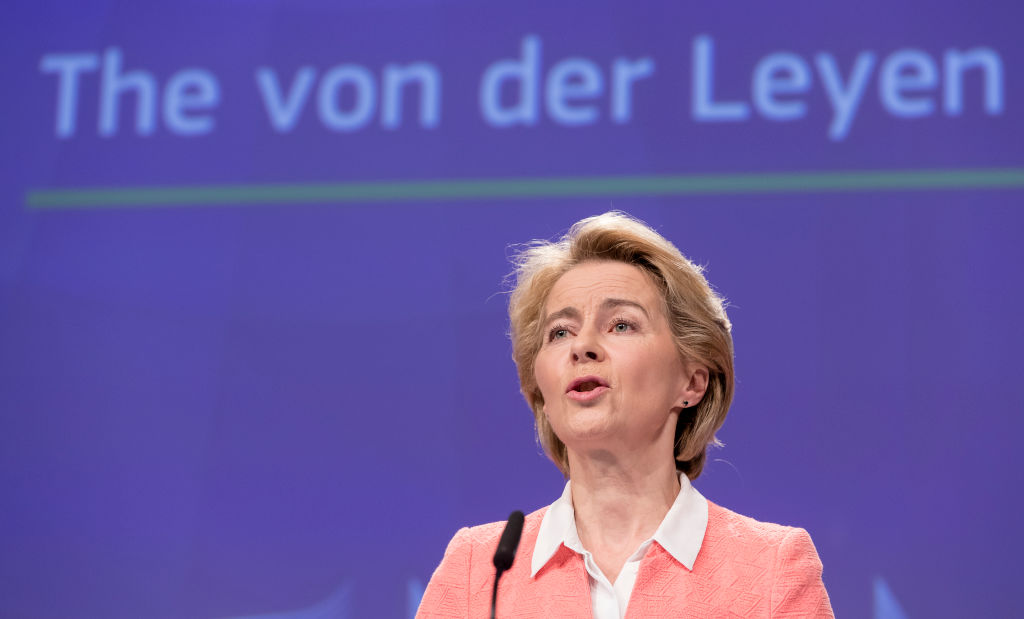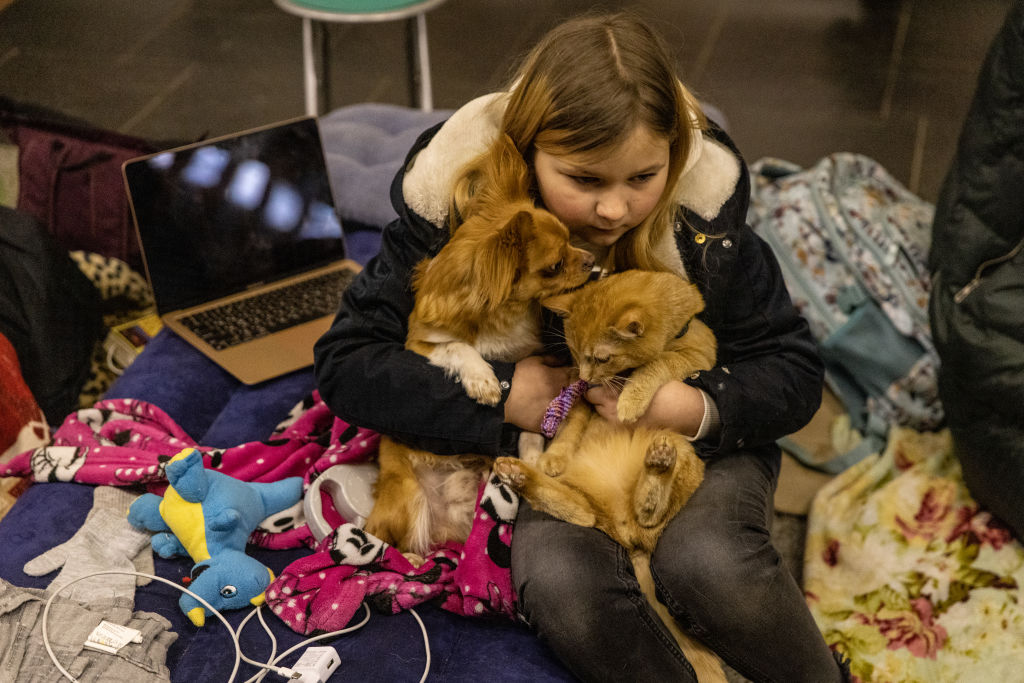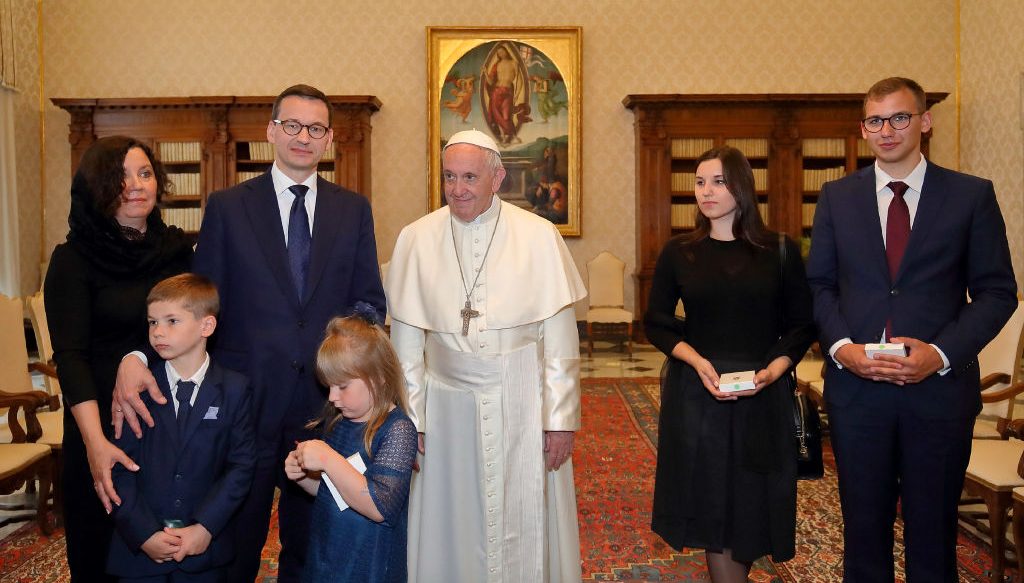Spain’s 15 Left-wing parties reached an agreement to run together in July 23’s snap general election, against a Right-wing slate currently leading in the polls.
However, discontent and distrust remained on the Left after the joint list excluded Podemos deputy leader Irene Montero and party colleagues. Podemos suffered local and regional losses in May’s elections.
The coalition, called Sumar (meaning “to unite”), appeared likely to win 39 to 46 seats, says an El País poll. The parties would only win 25 to 27 seats if they competed against each other, instead of agreeing on a slate of common candidates.
The “historic” coalition was possible thanks to the parties’ “generosity”, said Spain’s deputy prime minister Yolanda Dìaz, a Spanish Communist Party member.
Sumar faced opposition on the Right from the Popular Party and Vox, which would likely govern in coalition.
Vox has risen in the polls, with its leader Santiago Abascal’s focus on defending Christianity and halting mass immigration.
Abascal also has urged Spain to remain united against Catalonia’s calls for independence.
In 2019 national elections, Vox garnered just over 15 per cent of the vote, and became the third-largest party, with 52 lawmakers out of 350.
Against the conservative parties’ increasing momentum, Díaz said he was determined to make sure a united Left could create a competitive election in July and form a second progressive coalition government.
Alessandra Bocchi is Associate Editor at Brussels Signal





